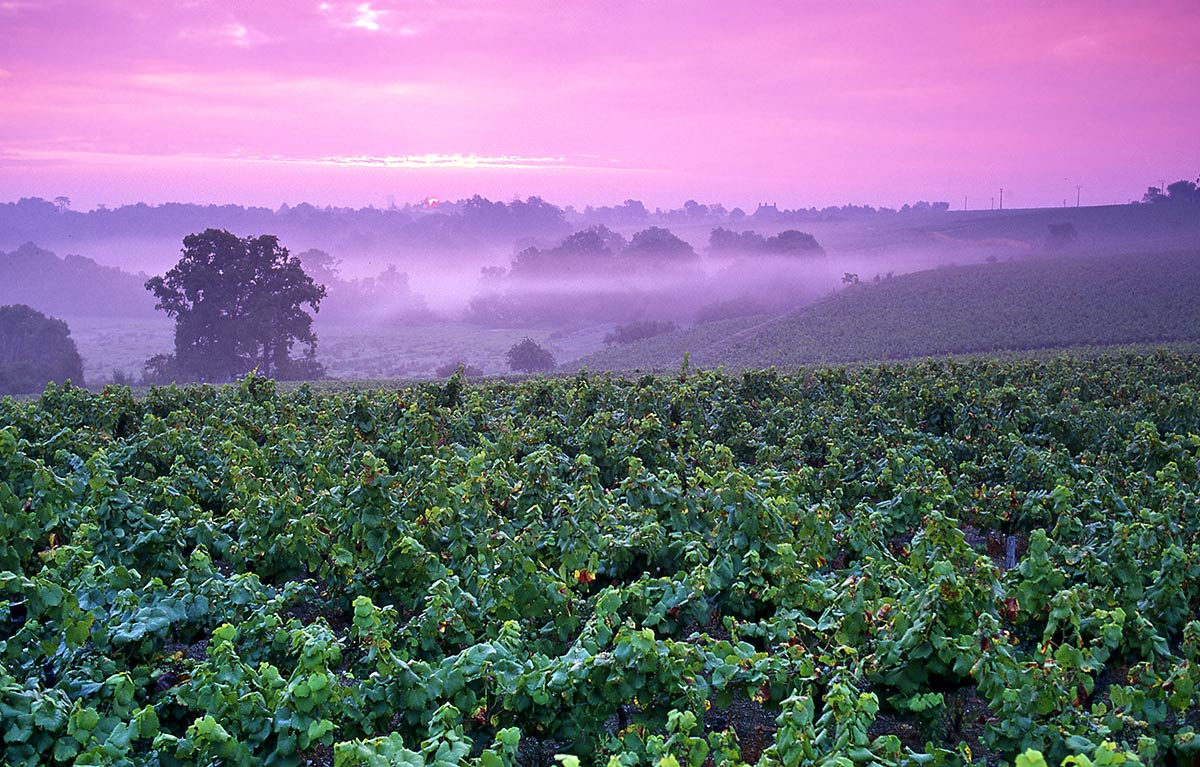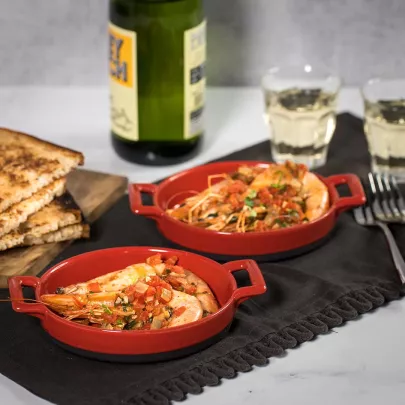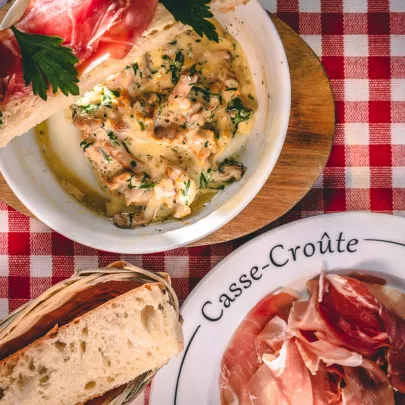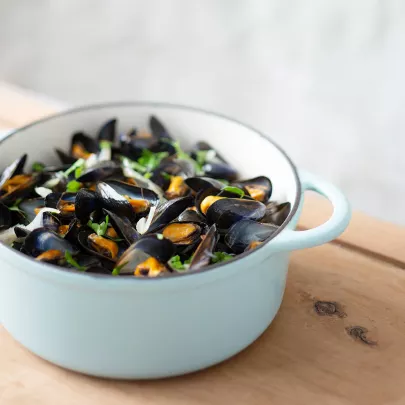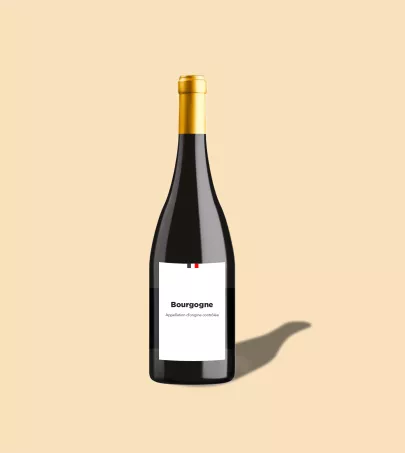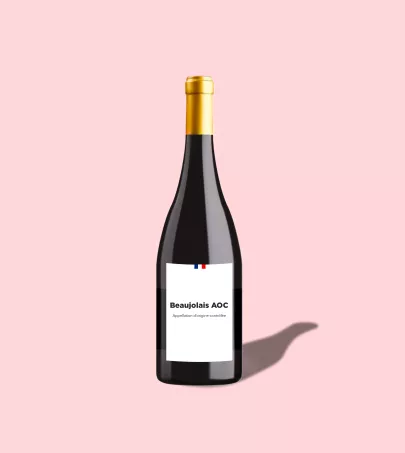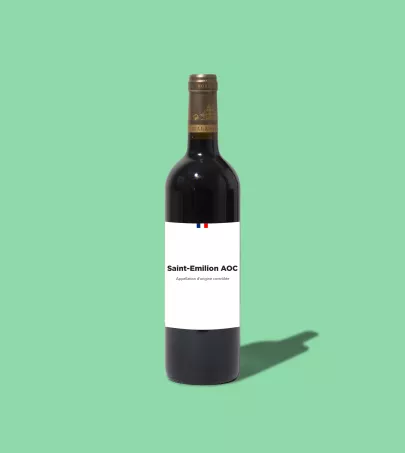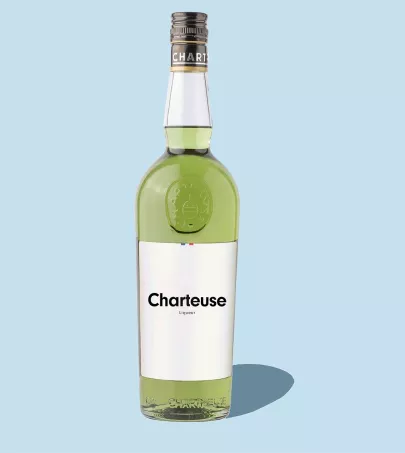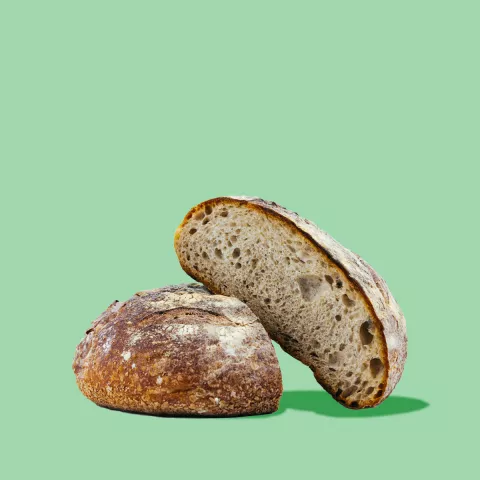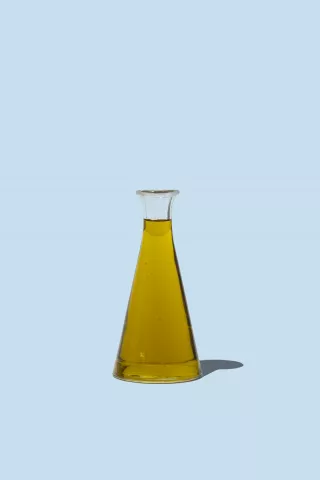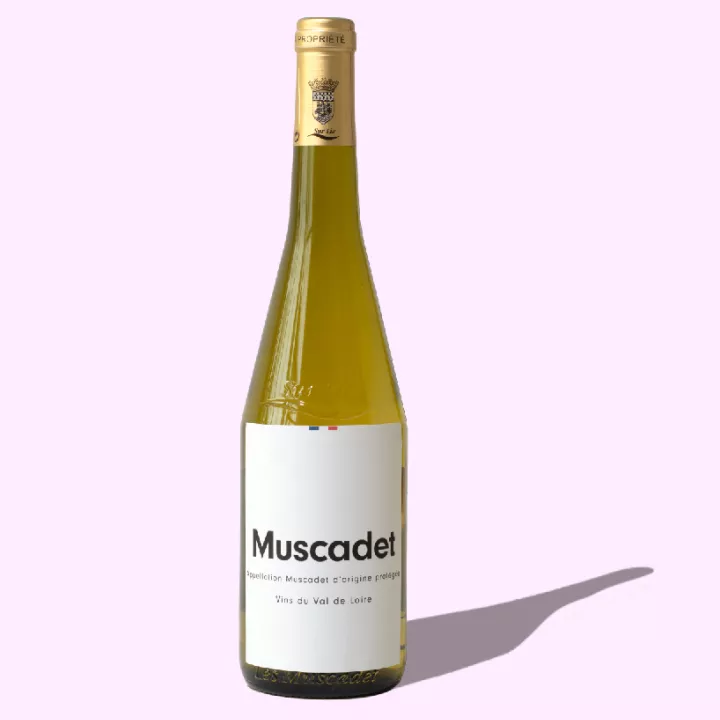
Muscadet PDO
Pays de la Loire
The Muscadet protected destination of origin refers to a refined and fruity dry white wine that is traditionally paired with seafood platters. This wine is made in a region that extends from the Atlantic to the border of Anjou and from the Loire to the Vendée.
What you need to know
Muscadet is the only wine in the world made from the melon de Bourgogne varietal, a cross between pinot noir and the gouais blanc varietal, which has now disappeared. The grape was grown in the Nantes region as early as the first century B.C. The wine, which was used during religious ceremonies, became more popular with the rise of Christianity. The name "muscadet" was used as early as 1635, but it wasn't until the phylloxera epidemic that the industry restructured itself and the wine's quality started to improve. In fact, muscadet is one of the oldest French designations and was established in 1937. Some muscadets are aged on the lees, which means they are allowed to rest with the yeast that transforms sugar into alcohol for 6-24 months. Some wines are even aged for up to 48 months. This process gives the wine its complexity, body, broad range of aromas, and especially its aptitude as it ages. Because the muscadet terroir is so diverse due to its wide range of soil types and the varying effect of the ocean, the fact that the wine can be aged on the lees or not, and the varying length of the growing period, winemakers can create an extensive palette of aromas.
This variety is the reason behind the emergence of localized vintages. These top-shelf muscadets encapsulate the excellence of their specific terroir. Produced from select plots and regulated by a strict list of requirements (limited yield, vines that are at least six years old, grapes harvested at peak maturity, and wine that is aged on the lees for at least 18 to 24 months), these localized vintages are structured, elegant, complex, and can be stored for long periods of time. They are on par with the most prestigious white wines available and pair well with gourmet meals. There are currently ten of these wines: Clisson (powerful and generous), Gorges (a long finish and aged on the lees for 24-40 months), Le Pallet (creamy and decadent), Goulaine (balanced and elegant), Château-Thébaud (refined, grassy, and aged on the lees for 36-48 months), Mouzillon-Tillières (complex and tight), Monnières-Saint Fiacre (substantial and creamy in texture), La Haye-Fouassière (elegant and expressive), Vallet (rich and elegant), and Champtoceaux (silky and substantial).
Characteristics
Smell
Look
Taste
How to use
Storing a Muscadet
Muscadet should be enjoyed within 2 to 5 years after bottling, but the best vintages can be stored for much longer. These localized vintages can be enjoyed young, or they can be stored in a cellar for a decade to bring out their complex and rich flavors.
Preparing and Serving Muscadet
Serve between 9 and 11 ° C. 12 ° C for communal wines and deserve to be opened for 1 hour, or even quickly decanted, before tasting.
Tasting tips Muscadet
In a balloon glass, we will appreciate its very pale green gold dress and its scent of white flowers. We will notice its primary aroma of muscat, which would have given it its name.
The communal wines deserve to be opened for 1 hour, or even quickly decanted, before being tasted.
Pair with
Muscadet complements oysters and seafood, but it also pairs well with smoked eel, sardines, and Curé Nantais, a type of cheese produced in the region.
Localized vintages are best paired with more elaborate cuisine featuring either seafood, chicken in a cream sauce, or aged cheese (dry goat cheese, Beaufort, or Curé Nantais).



